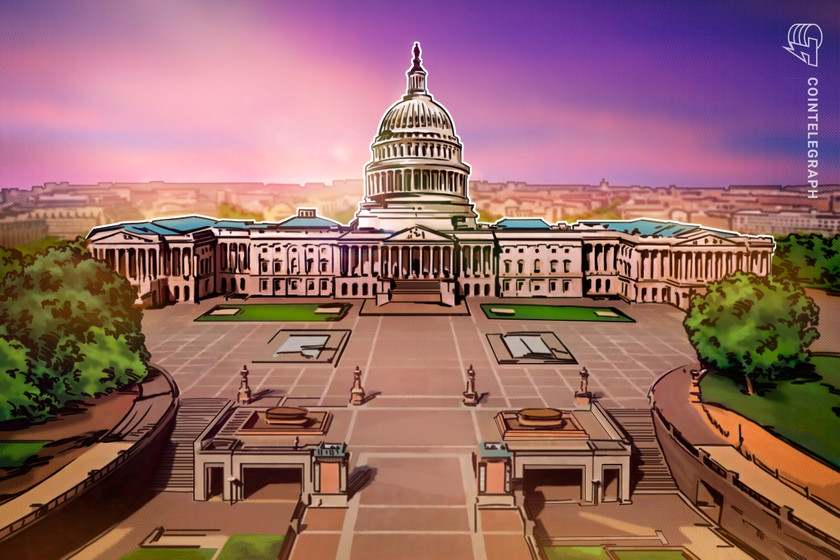As a crypto CEO, I know how often our sector is misunderstood and criticized. Sometimes, the criticism is deserved because we have not always done our part to shine a light on the utility and use cases powering positive change. But other times, it’s based on the assumption that all players in this industry are the same, which is just not true.
Recently, skepticism reached new heights with the epic crash of FTX, one of the largest crypto exchanges in the world — and perhaps the largest-ever example of the need for regulatory oversight. Given the positioning of FTX, it was an incredible leap to see them face insolvency. When the news broke, we saw a massive downturn in the digital assets market. Consumers were left to decide whether FTX — or any entity in our space — is a safe steward of their funds.
Many may wonder if there is a future for crypto, and I understand the frustration with the hole the industry has created. But there is a future for blockchain and crypto, and we cannot lose sight of the utility and value of this technology to do meaningful things — from optimizing supply chains around the world to creating equitable access to the global financial system. The real question is how we build the future we want that inspired the development of this technology in the first place. And that answer relies in large part on standards (both technical and industry-wide) and rules, some of which need to come from our public officials.
Related: From The NY Times to WaPo, the media is fawning over Bankman-Fried
The United States federal government is positioned to lead. To do so, it needs to give the industry clarity and guidance by implementing thoughtful, principles-based regulation. This is the type of leadership that will help shape the “right” future, and with a newly elected Congress, it is a charge I am urging them to take up. The future of blockchain and all of the benefits it offers depends on it.
The industry must do its part to act transparently and in the best interests of consumers, despite the absence of regulation. But without oversight, we will continue to see examples of businesses failing to put consumers’ interests first. That’s why I am calling on Congress to pass three key measures in 2023 to provide consumers with the protections they need.
First, clarify the definition of the legal status of digital assets: When are digital assets classified as securities, commodities or something in between? And how is that defined? It…
Click Here to Read the Full Original Article at Cointelegraph.com News…
























